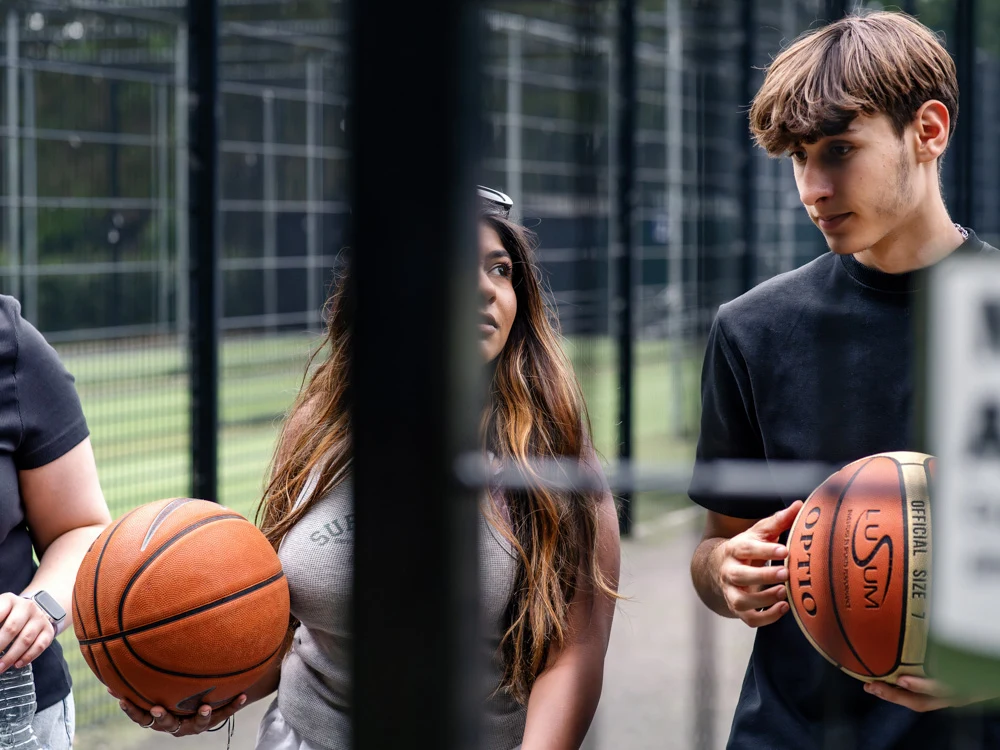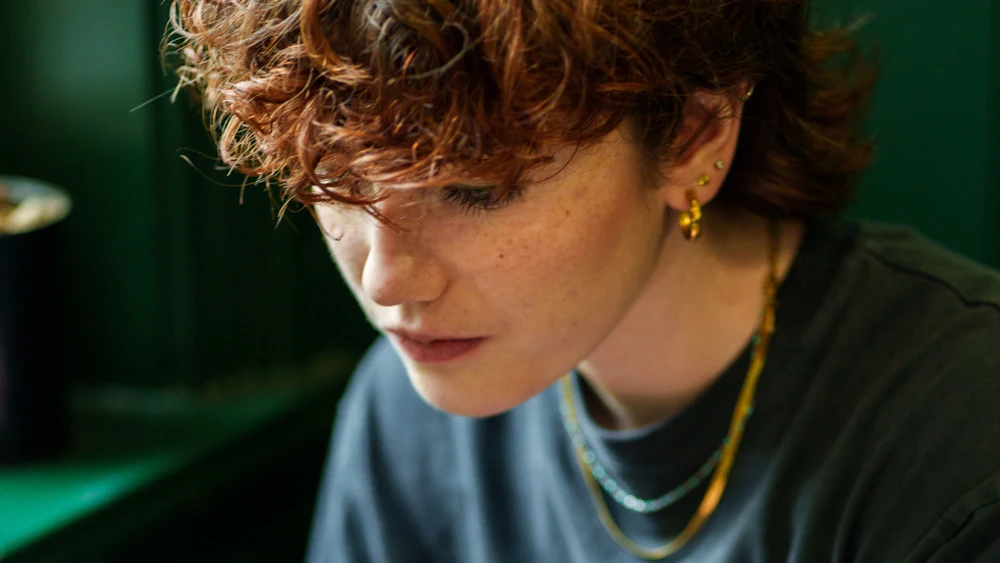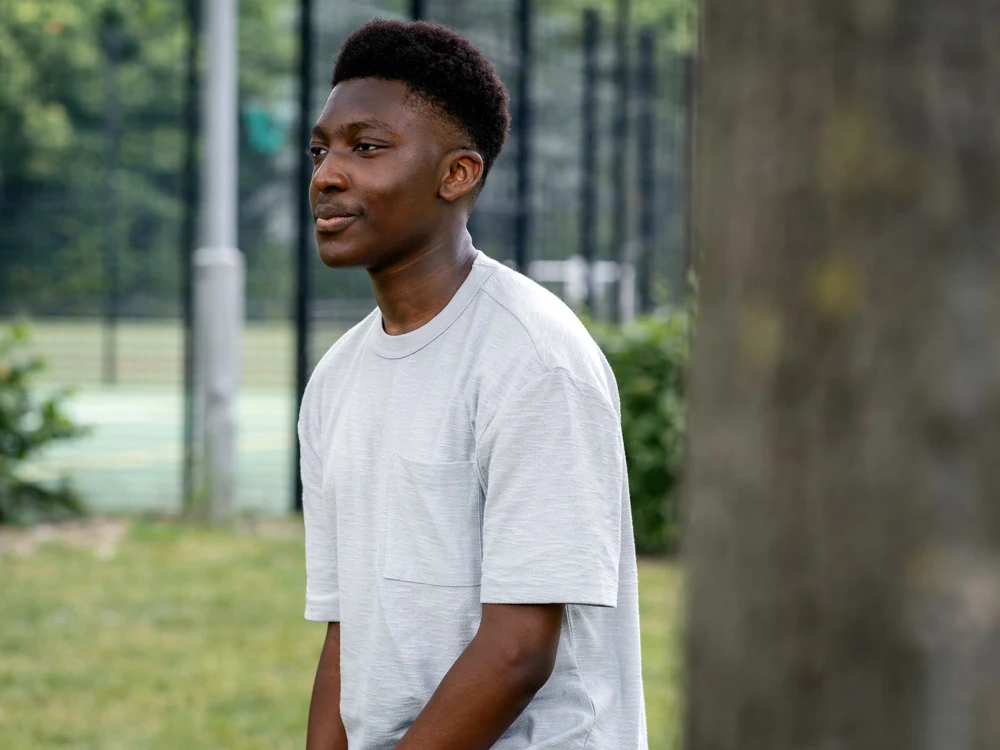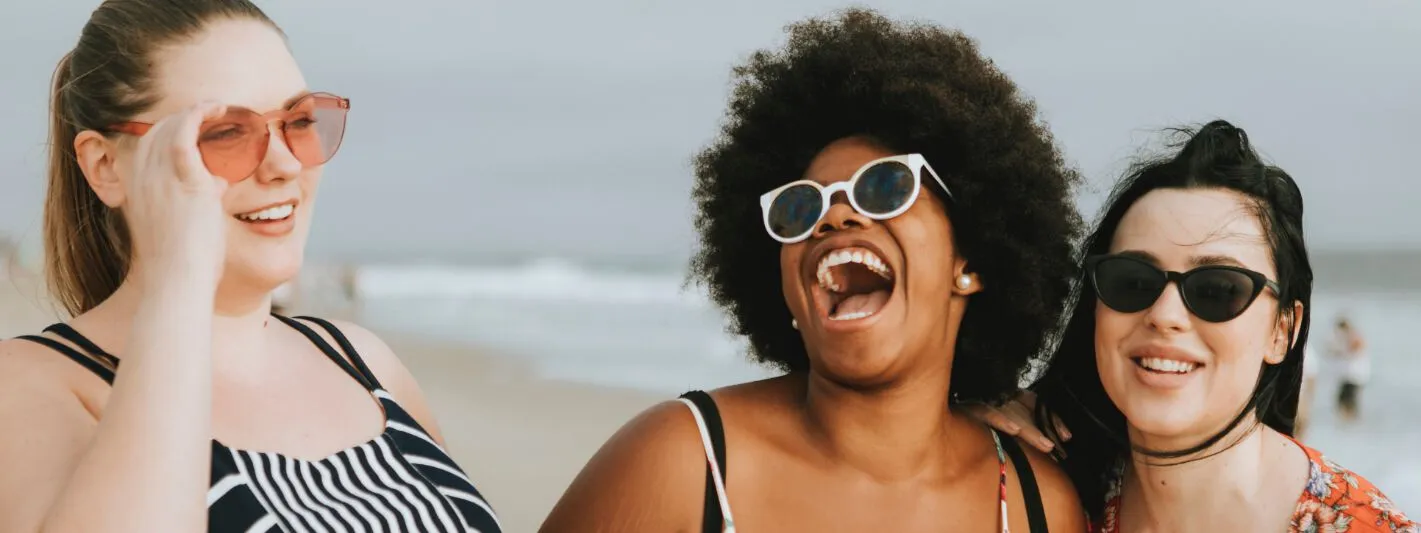This article was written by a Black Kooth mental health writer, Cynthia. It contains the following themes: race, mental health, and asking for help.
Offering emotional support to our loved ones is a valued quality that many aspire to hold in our relationships. However, if you are someone who continually finds yourself being “the supportive one”, it may begin to feel like it’s taking a toll on your emotional wellbeing.
Do any of the phrases “you’re so good at listening”, “I haven’t asked you anything about how you are!”, or “you should be a therapist” sound at all familiar? If so, it may be that you are serving as the emotional caretaker for your friends and family – and potentially starting to wonder how and where you can share your difficulties.
There is no escaping it: everyone needs a shoulder to lean on at some point in their lives. So, if you’re the one who never needs that shoulder – perhaps even priding yourself on your total self-reliance and unwavering resilience – it might be a sign that you are minimising your own needs.
You may be fulfilling a role that others ask of you in order to retain their friendship or love. Or, as is the case for many Black women, you may be afraid of asking for support in order to avoid appearing “weak” in some way.
#The narrative of the strong Black woman
Black women are often praised for being “strong”, “powerful”, and “independent”, and sometimes the way the media represent the “Strong Black Woman” trope strengthens this concept.
The “Strong Black Woman” is often someone who doesn’t take any nonsense from anyone, holds people accountable for their actions, has worked twice as hard as her counterparts, overcomes extreme hardship, and still is also a natural nurturer to others.
She sounds like a superwoman, no?
On one hand, it’s enriching to see successful Black female leads represented in the media. However, on the other hand, these depictions only serve to reinforce the idea that Black women are invincible and never prone to moments of vulnerability. They fail to highlight that – just like everybody else – Black women need support, too.
This fallacy can start to become detrimental to our own mental health if we then perpetuate this stereotype in real life, instead of rejecting it. We may end up feeling that our role is to support others at a cost to our own wellbeing.
Black people and mental health
According to the NHS, Black British women are more prone than white women to experience common mental health problems such as anxiety, depression, panic, and obsessive-compulsive disorders.
According to Unison, it’s believed that the increased rates of mental health conditions are higher in the Black British female population because of factors related to racism and cultural alienation.
It’s also believed that mental health problems are often difficult to diagnose in this group, because Black women tend to underplay the severity of their problems and only ask for help once the issue is at an advanced stage.
How to change the narrative: ways to ask for help
The following are just suggestions. Some might feel useful for you, and others might not. That’s okay – just go with what feels right to you.
- •
Pause, reflect, and take time to consider what is going on for you. Writing things down is a great way to express how you feel, reflect on it afterwards, and track any changes.
- •
Communicate to those around you that you are dealing with a lot emotionally, mentally, and physically and the ways in which you might need support to work through it.
- •
Find somebody who you can trust to begin to share the load of what you are dealing with – someone with whom you feel you can be vulnerable.
- •
Reach out to your community networks, both in person and online.
- •
Visit your GP if your feelings persist. If this feels tricky, arranging a telephone consultation first could be helpful. You could also try going with a friend or someone you trust, or you could write down what you want to say so that you feel prepared and don’t leave anything out.
Remember: it’s okay not to be okay. It often takes a lot of inner strength to admit how we feel – both to ourselves and others. So, as Black women, we can be strong and vulnerable at the same time. We also need to be cared for and nurtured, and we need to feel able to ask for help.






